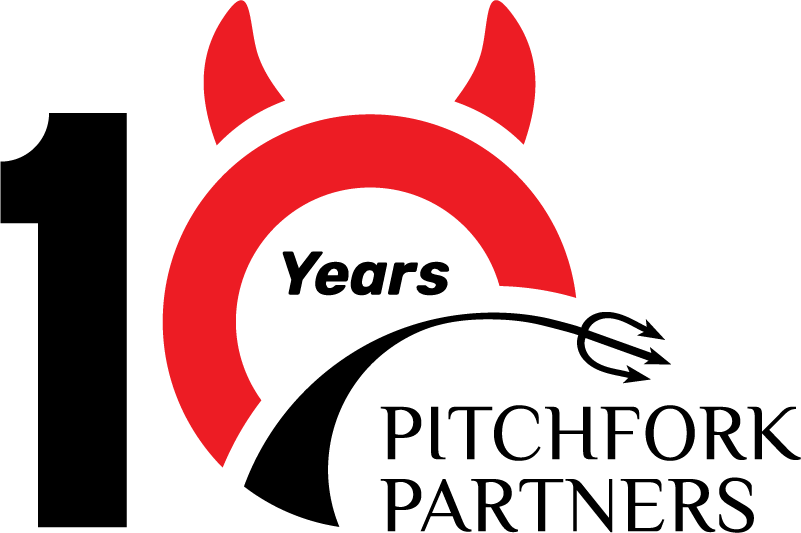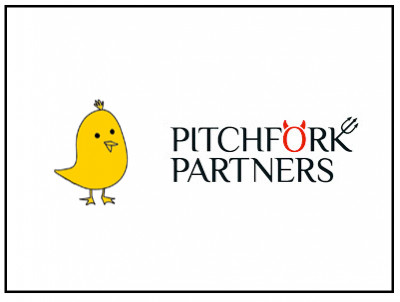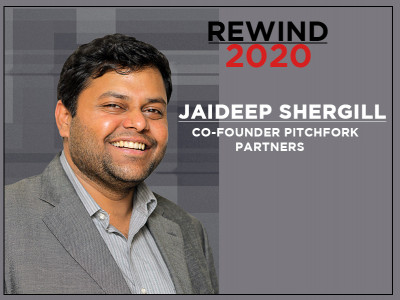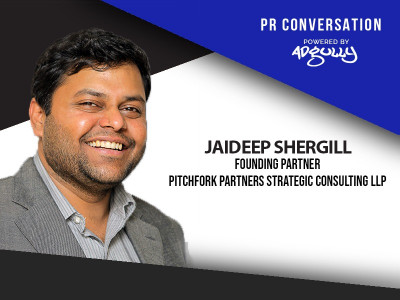
We believe we are in the ‘people’s relations’ business: Jaideep Shergill
As part of our latest series on ‘PR Conversation’, we at Adgully are speaking to some of the industry leaders from both PR agencies and the corporate communications world about how PR as a business and communication tool has evolved and grown over the years. In the last 10 years, PR has taken a different dimension, especially after the entry of social media in a big way. While the PR business has grown, some of the challenges that the industry is facing have also multiplied as clients are becoming more demanding and are expecting their consultants to be on their toes to manage their brand reputation, as news today travels fast and clients are expecting quick response and action in case of a crisis situation.
Also read: Immersive storytelling platforms are the future: Arpan Basu, Coca-Cola India

For Jaideep Shergill, Founding Partner, Pitchfork Partners Strategic Consulting LLP, the greatest change in public relations has been the evolution from a tactical tool to a strategic one. In conversation with Adgully, Shergill takes us through the functioning of a PR agency in the digital era and getting around the COVID disruption in the industry.

The greatest change has been the evolution from a tactical tool to a strategic one. Today, the term ‘public relations’ is a throwback and unsuited to what we actually do. The industry is now about integrated strategic communication that works in alignment with the client’s overall business objective. The suite of services spans media relations to public affairs to employer branding and cause marketing, to name just a few. And we offer solutions across all platforms.
Going forward, the transformation to being strategic advisors will gain pace. Digital platforms, naturally, are not just the future, but they already dominate the present. They will be the key to all brand communication.
The pandemic has disrupted everyone. In these times how have you managed the client expectations and how did you manage to keep engaged with your clients?

The pandemic has transformed every industry, so we are no exception. It has accelerated our transformation into a true consultancy that acts as a business partner to clients. Pitchfork Partners, actually, saw that need well before the pandemic and had designed itself accordingly. Now we feel we’re very well placed to manage the disruption because we already had the skills and tools in place. The key to this time has been embedding ourselves in client organisations and offering solutions to achieve business goals. That’s what has been the silver bullet for us.
How different are you as an agency and what are some of the interesting tools that you deploy to give the best in terms of results to your clients?

We realised that what clients are seeking is true strategic inputs that aid the business. Pitchfork was set up to bridge that gap in the industry. We are a strategy consultancy and we live that role. For us, the client’s business objectives offer the roadmap to all solutions.
We have intentionally kept the consultancy small so that we can take on fewer clients and immerse ourselves in their organisations. We are platform-agnostic and have a diverse skill set within the consultancy.
Today, artificial intelligence and data analytics are becoming very important in marketing and communication. How is your agency making use of this to help you clients on overall messaging and achieving the desired ROI?

Yes, this is getting very important. While I cannot get into client specifics, we are using these tools for better targeting and engagement, as well as to incentivise action like purchases.
PR measurement and effectiveness of PR has always been a subject of debate. As a PR professional, what steps the PR industry should take to bring in uniformity so that everyone speaks one language when it comes to PR measurement?

This is a long-standing issue within the industry. While several positive steps have been taken, such as the Barcelona Principles, the industry doesn’t yet have a universally accepted measurement method. On our part, we link performance to the achievement of business goals and ensure we have agreement on how we measure at the start of every new relationship and also review this with existing clients at regular intervals.
Getting the right skillset and training has always been a challenge in the PR profession. What is your view on the same and what would be the valuable tips that you would like to give to the budding young PR professionals?

Absolutely critical. Since the expectations are evolving fast, skill sets need to keep pace too. At Pitchfork, we have a continuous learning system in pace with fortnightly training programmes hosted by internal and external experts.
Do you feel the traditional role of interpersonal communication, which was so critical to the profession, has somehow been put in the back burner because of too much virtual engagement? How are you experiencing that, is it bringing down the efficiency of the agency?

Human interaction can never be replaced. We believe we are in the ‘people’s relations’ business. Tools such as digital ones help us perform better, but don’t replace the human element. From servicing to research and solutions crafting, we require human skills. We are very much in line with the new digital paradigm, but it doesn’t mean a reduction of our reliance on people.
